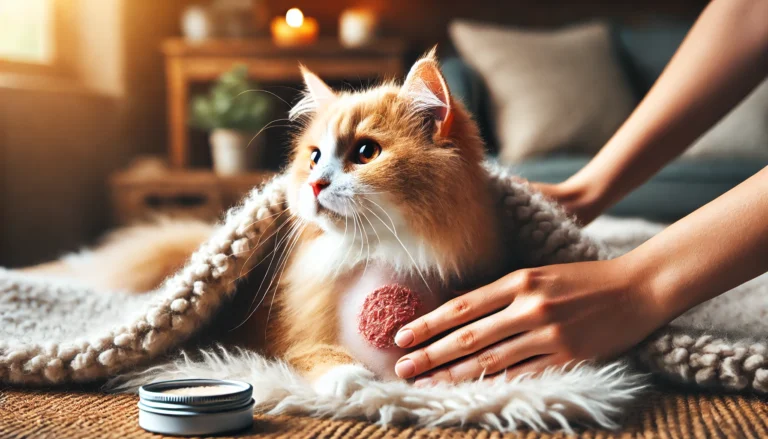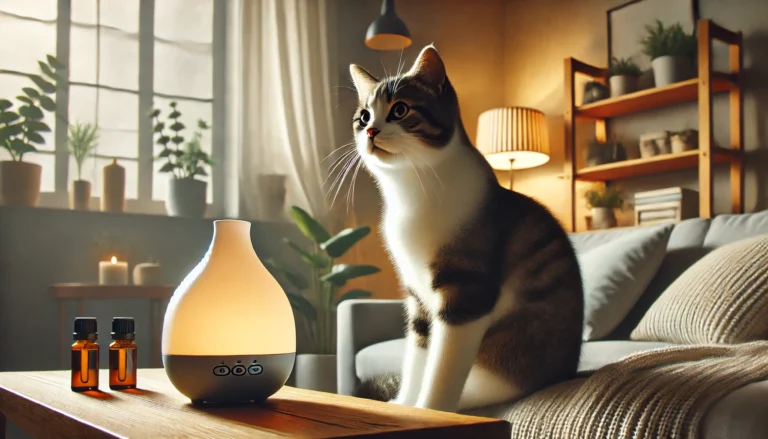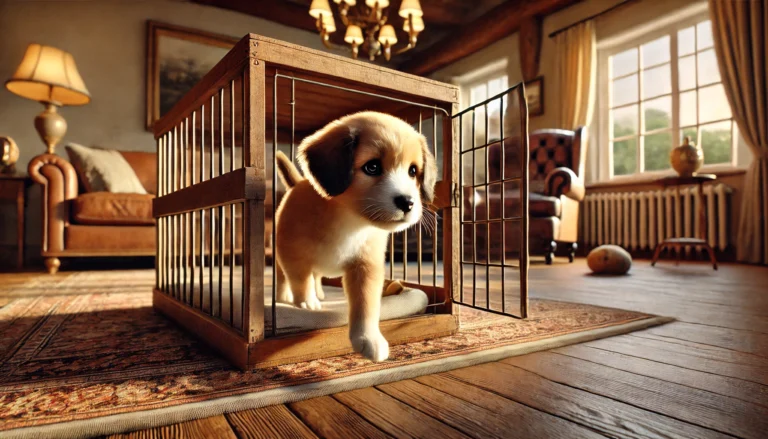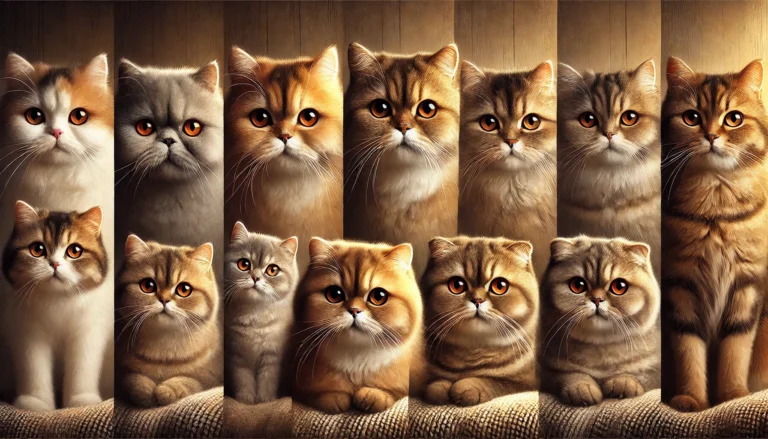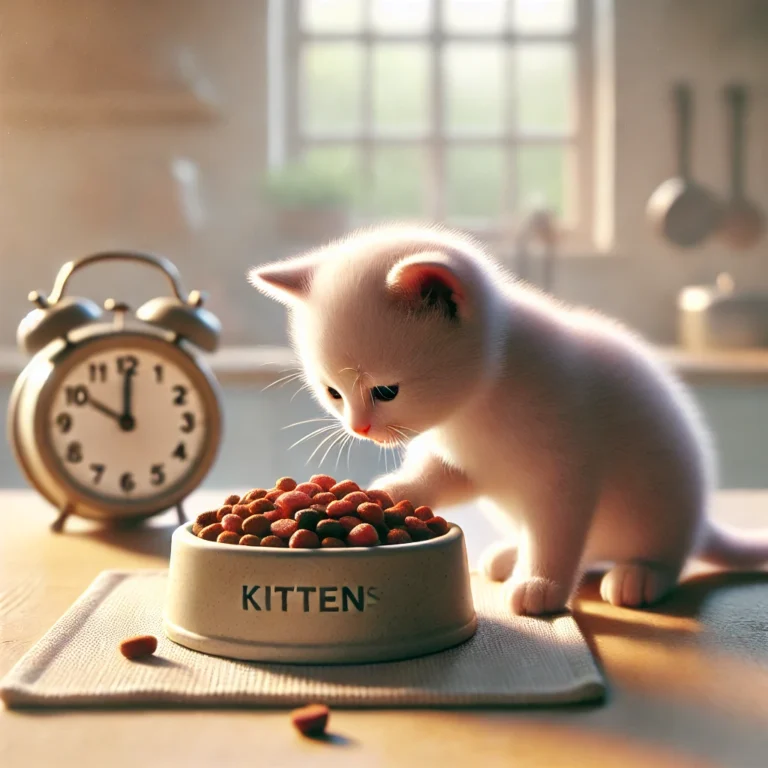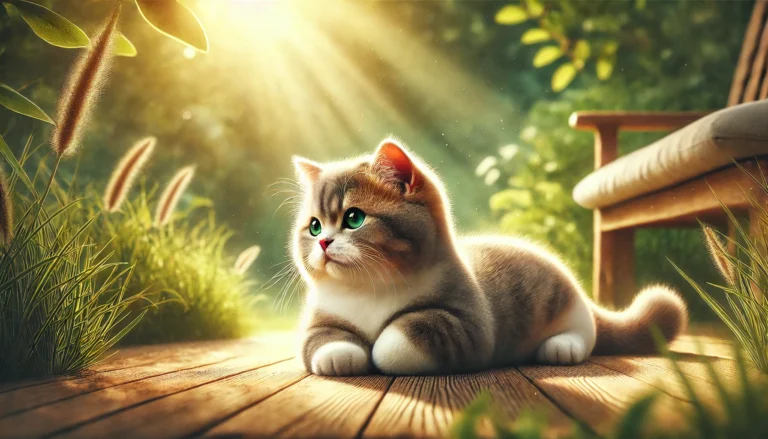Oriental Shorthair Cat Breed Health and best Care
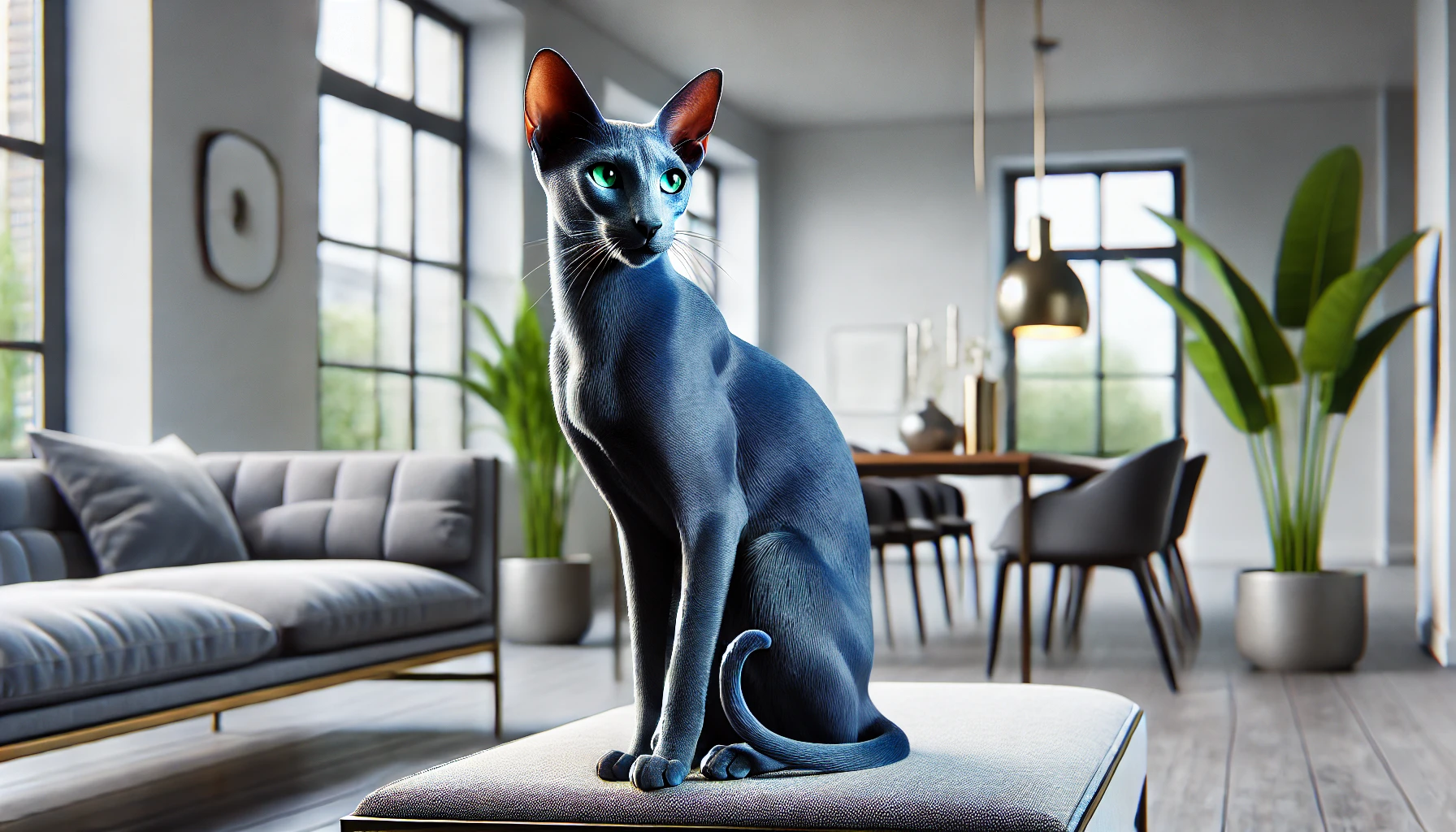
The Oriental Shorthair is a dynamic and aesthetically striking breed known for its sleek body, almond-shaped eyes, and large, pointed ears. This breed, which includes a variety of colors and patterns, is closely related to the Siamese and shares many of the same characteristics. They are affectionate, vocal, and highly intelligent cats that require specific care to keep them healthy and happy. Here’s everything you need to know about the health and care of Oriental Shorthair cats.
Breed Overview
Developed to expand the color and pattern varieties of the Siamese, the Oriental Shorthair boasts a svelte figure and an engaging personality. They are often referred to as a ‘rainbow cat’ due to the over 300 different color and pattern combinations, including solid, tabby, and bicolor. Despite their diverse appearance, all Oriental Shorthairs share a common ancestry with the Siamese breed.
Health Considerations
Oriental Shorthairs are generally healthy, but they do have some breed-specific health issues that potential owners should be aware of:
1. Dental Health
Oriental Shorthairs are prone to periodontal disease, so regular dental check-ups and cleanings are crucial. Home dental care, such as brushing, can also help prevent dental issues.
2. Progressive Retinal Atrophy (PRA)
This genetic condition affects some cats in this breed, leading to vision loss. While there is no treatment for PRA, responsible breeding practices can help minimize the occurrence of this ailment.
3. Respiratory Issues
Due to their fine facial structure, some Oriental Shorthairs may experience respiratory issues. These can be exacerbated by their narrow nasal passages, especially in cats with more extreme facial types.
4. Congenital Heart Defects
As with many breeds, Oriental Shorthairs can be susceptible to conditions such as hypertrophic cardiomyopathy. Regular veterinary screenings are recommended to catch any signs of heart disease early.
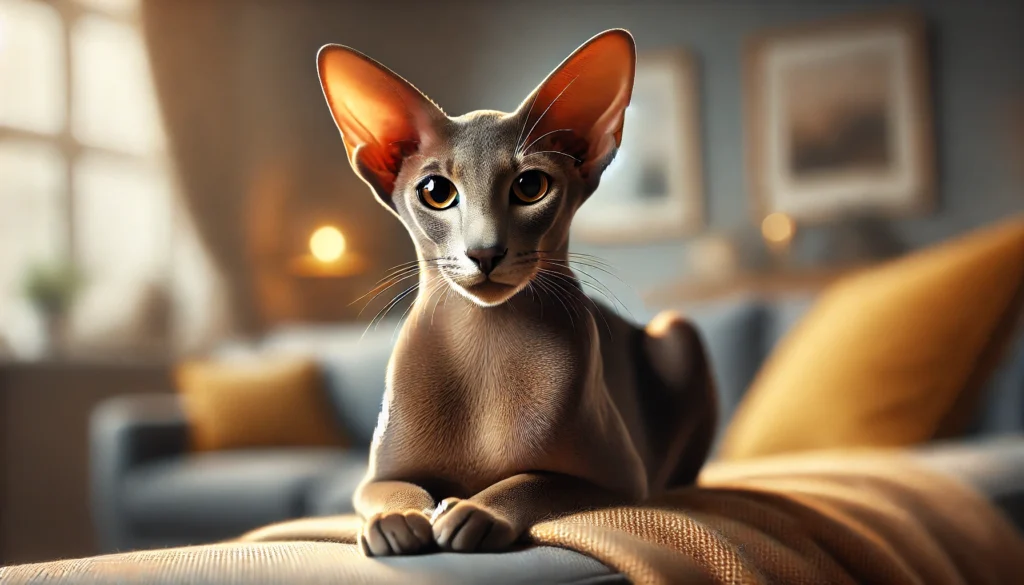
Diet and Nutrition
The energetic Oriental Shorthair requires a diet that supports its high activity level. A balanced diet rich in high-quality proteins helps maintain their lean muscle mass while managing their relatively low body fat. It’s important to monitor their food intake to prevent obesity, which can lead to other health issues.
Exercise and Play
Oriental Shorthairs are very playful and need regular interaction with their human companions or other pets. Toys that challenge them physically and mentally are perfect for this intelligent breed. They are known for their agility and can often be found perched on high shelves or exploring the nooks of your home.
Grooming
The short, sleek coat of the Oriental Shorthair is easy to care for. Regular grooming sessions with a soft brush or grooming glove will help remove loose hair and distribute skin oils throughout their coat, keeping it shiny and healthy. They enjoy the attention they receive during grooming, making it a wonderful bonding experience.
Living with an Oriental Shorthair
Oriental Shorthairs form strong bonds with their families. They are known for their social and vocal nature, often “talking” to their owners with a soft, melodious voice. They do not like being left alone for long periods, so they are not the best choice for people with very busy schedules unless there’s another pet to keep them company.
Environmental Needs
Oriental Shorthairs are adaptable to both apartments and houses as long as they have space to play and explore. They appreciate a stimulating environment with climbing trees, perches, and interactive toys to keep them entertained.
do you know
If your dog drinking a lot of water, it could be a sign of diabetes, especially if accompanied by weight loss despite normal or increased food intake.
Conclusion
Oriental Shorthairs are wonderful companions that bring vibrancy and energy to any home. Their care and maintenance are manageable, but their need for attention and interaction is high. Regular veterinary care, a proper diet, and plenty of love and play will ensure your Oriental Shorthair lives a long and healthy life, enriching your family with their unique personality and striking appearance.
Are Oriental Shorthair cats healthy?
Oriental Shorthairs are generally healthy, but like all breeds, they can be prone to specific genetic health issues such as dental problems and heart conditions like hypertrophic cardiomyopathy
How do you take care of an Oriental Shorthair cat?
Care involves regular veterinary check-ups, maintaining a healthy diet, providing mental and physical stimulation, and keeping up with grooming to manage their short but dense coat.
Are Oriental Shorthair cats high maintenance?
While not high maintenance, they do require regular interaction and stimulation, as they are very social and intelligent cats. Their grooming needs are moderate compared to long-haired breeds
Do shorthair cats have health problems?
Shorthair cats can have breed-specific health issues, but generally, they are not more prone to health problems than long-haired cats.
What is the healthiest breed of cat?
The healthiest breed of cat often depends on genetics and care, but mixed-breed cats are typically robust due to their diverse gene pool.
How long does an Oriental Shorthair live?
Oriental Shorthairs typically live between 12 to 15 years, although some can live longer with excellent care.
What do Oriental Shorthairs eat?
Oriental Shorthairs should eat a balanced diet of high-quality cat food, which can include wet and dry formulations. Like all cats, they require a diet high in protein and low in carbohydrates.

